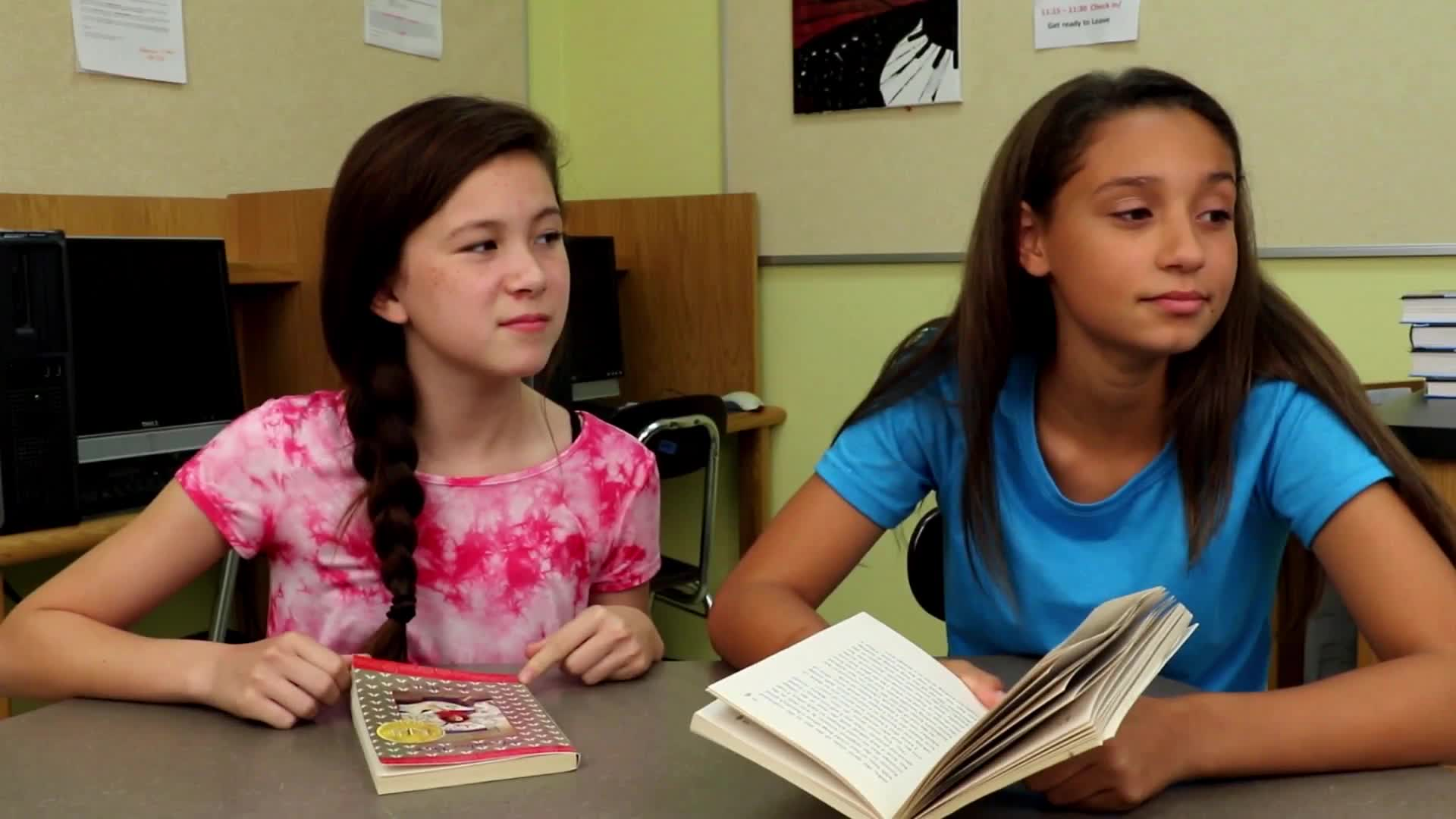
In this blog post, we will explore the concept of not talking over others during conversations, and how it relates to kindergarten students’ social-emotional learning. We will discuss a no-prep activity for educators, provide discussion questions, and suggest related skills for students. Additionally, we will provide a link to free sample materials for further exploration.
Introduction
Effective communication is crucial for young learners as they develop social-emotional skills. One essential aspect of communication is understanding the importance of not talking over someone during a conversation. When two people talk at the same time, it can be confusing and difficult to comprehend what is being said. By teaching kindergarten students to observe conversational cues and wait for their turn to speak, educators can help them develop better listening skills and foster more respectful and meaningful interactions.
No-Prep Activity: The Stoplight Game
This simple, no-prep activity helps kindergarten students understand the concept of taking turns while speaking. The educator will act as a “stoplight” to guide students during a conversation.
- Divide the students into pairs.
- Ask each pair to choose a topic to discuss, such as their favorite toy or a recent event.
- As the students engage in conversation, the educator will hold up a red, yellow, or green card to signal when it’s time to stop talking (red), pause momentarily (yellow), or continue speaking (green).
- Observe the students as they practice taking turns and following the stoplight cues.
- After the activity, discuss the importance of not talking over others and how it can improve their conversations.
Discussion Questions
- Why is it important to wait for your turn to speak during a conversation?
- How did it feel when you were able to share your thoughts without being interrupted?
- How can you tell when someone is finished speaking and it’s your turn to talk?
- How do you think it makes someone feel when they are constantly interrupted during a conversation?
- What strategies can you use to remember to wait for your turn to speak?
Related Skills
Teaching kindergarten students not to talk over others is just one aspect of fostering effective communication. Other related skills that educators can focus on include:
- Active listening: Encouraging students to listen attentively to what others are saying.
- Nonverbal communication: Teaching students to recognize and interpret body language, facial expressions, and other nonverbal cues.
- Empathy: Helping students understand and share the feelings of others during conversations.
- Conflict resolution: Guiding students on how to navigate disagreements and find solutions.
Next Steps
If you’re interested in exploring more activities and resources related to social-emotional learning for kindergarten students, we invite you to sign up for free sample materials at Everyday Speech. These resources can help you further develop your students’ communication skills and foster a more respectful and inclusive classroom environment.

